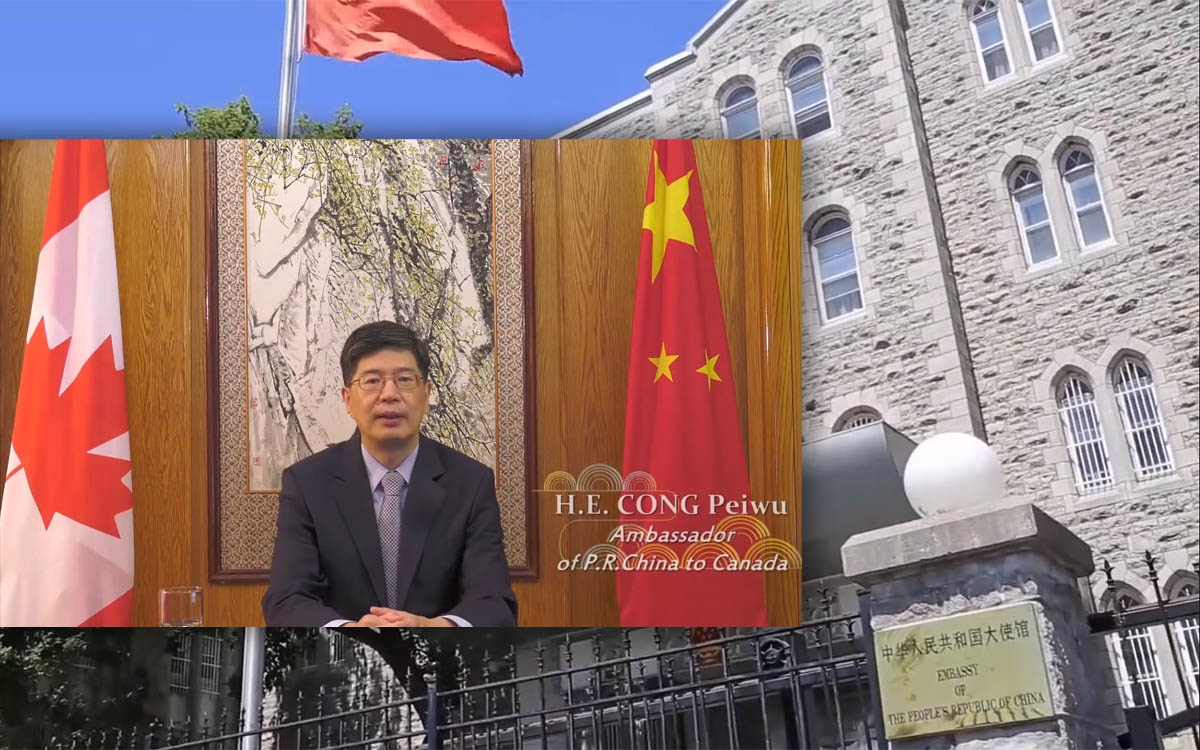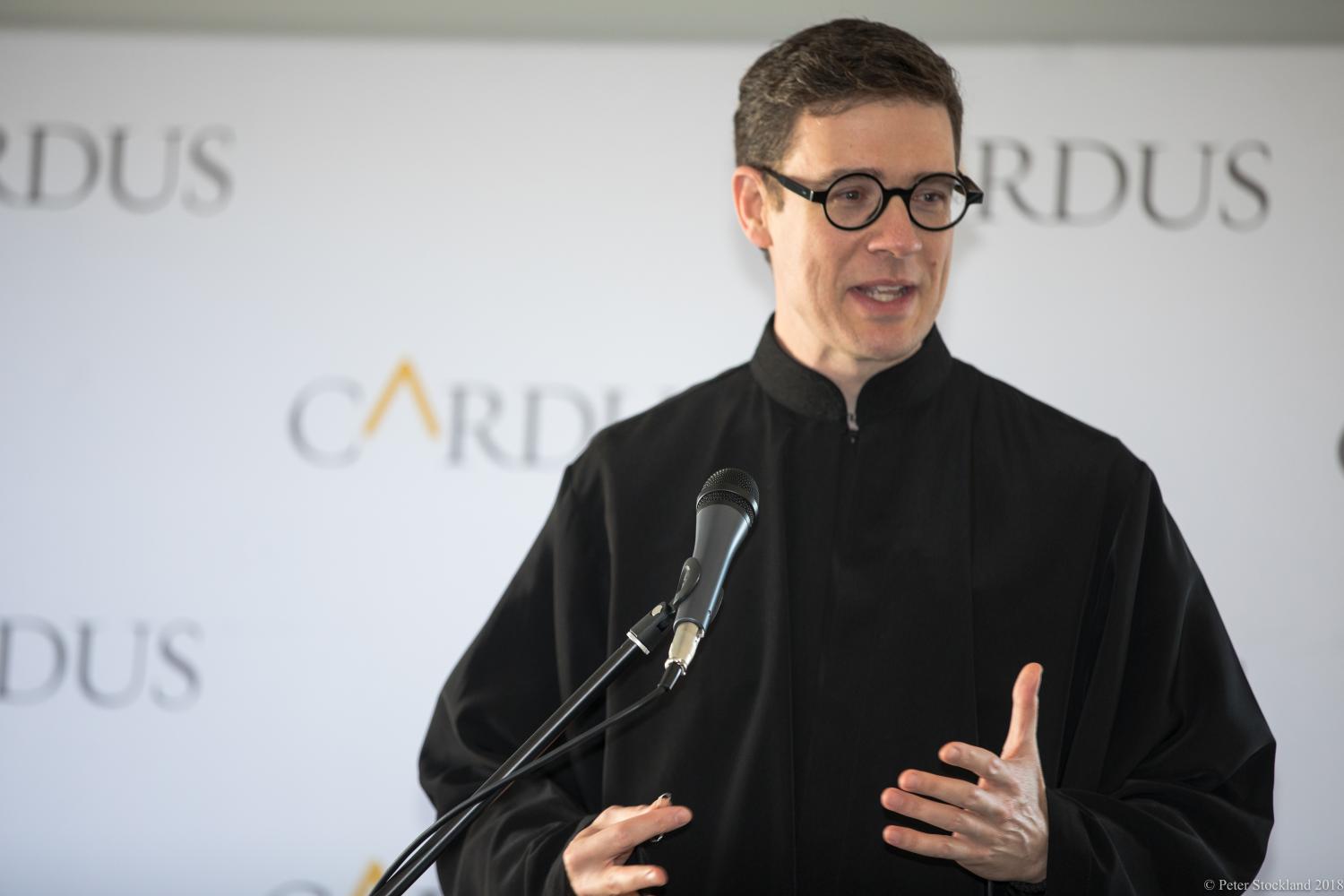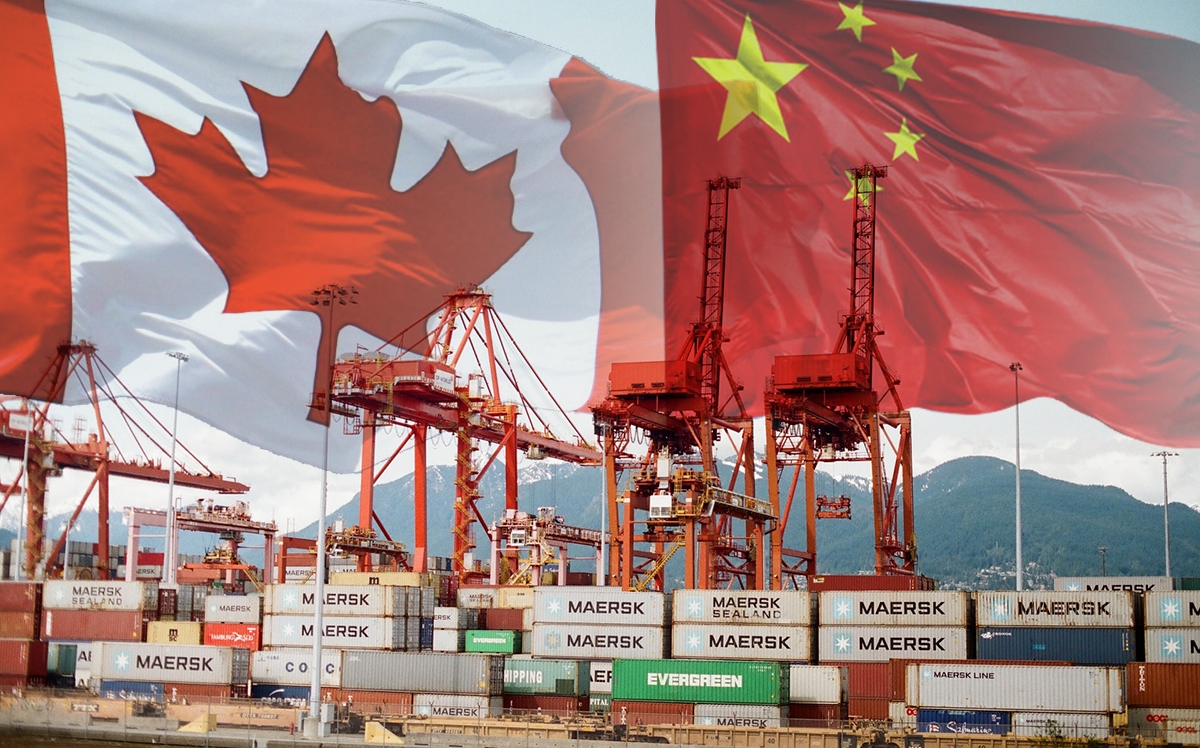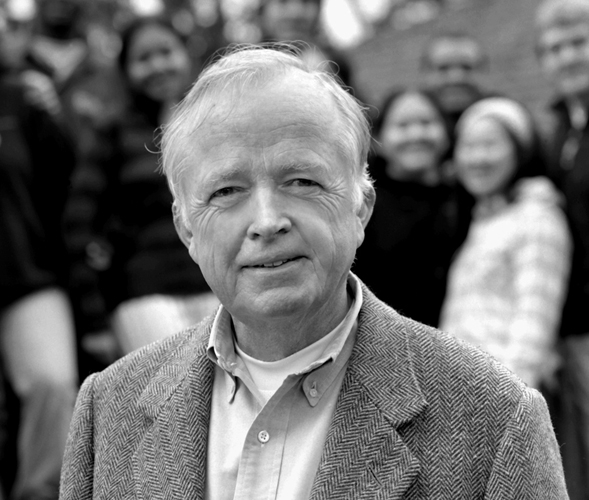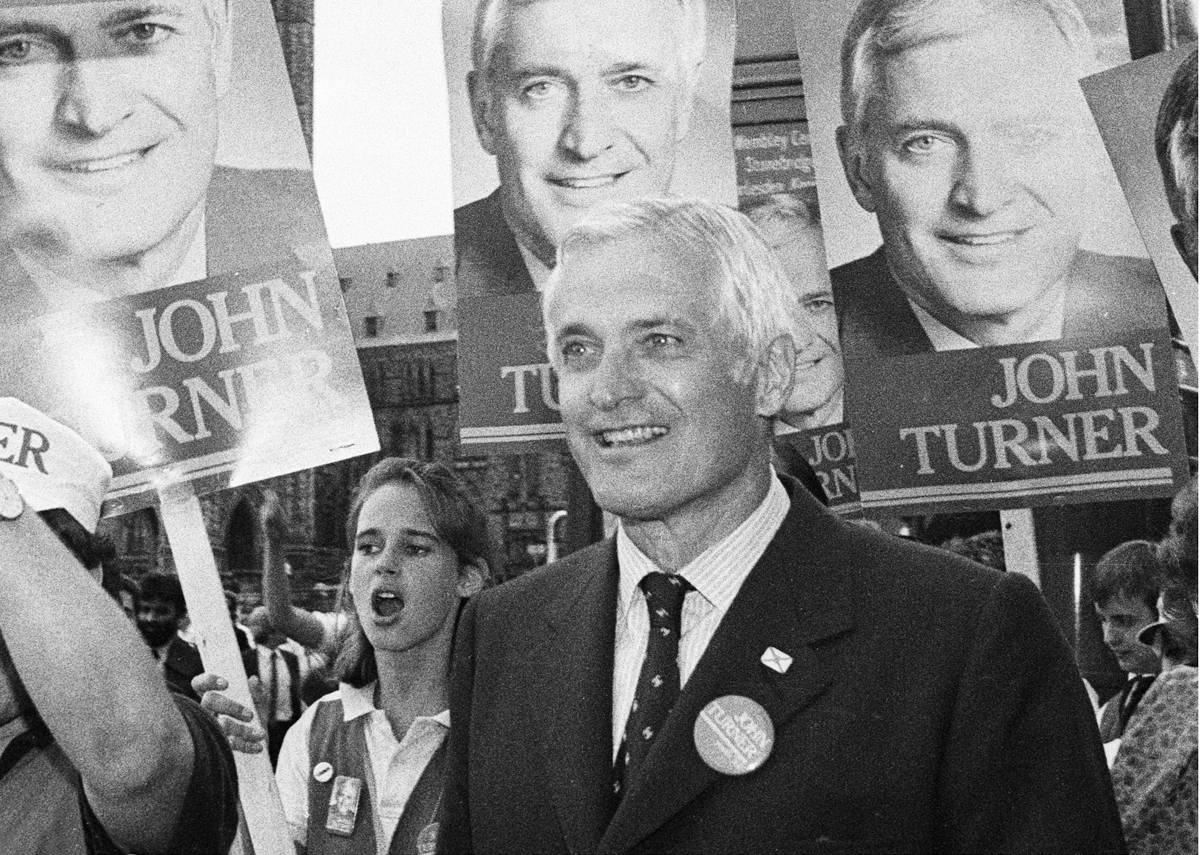
The wonderful life of John Napier Turner: The orenda factor: A perspective
by Elizabeth McIninch (PHOTO: JEAN-MARC CARISSE)
We have just lost a fine Canadian. I was blessed to get to know him. His wisdom, his passion for Canada, his deep commitment to our beautiful environment – all this became clear through lengthy tapings on his life and times at the National Archives of Canada.
This giant of a man, a great warrior on behalf of Canada and Canadians over his long lifetime was renowned to friends and colleagues for his spiritual power, an indefinable inner light that guided him through the best and worst of times. This was the spirit the Huron people called orenda. The stuff of all great chiefs and leaders. A vital spirit. Mystical.
When Huron and Algonquin chiefs first met Samuel Champlain they recognized that spirit in him. They came to Quebec in multitudes at the time of his death in 1636. Portaging, canoeing the great rivers to be with this honoured man.
The Rt. Hon John Turner bore that spirit within him. The orenda power to effectuate change for the better. The indefinable inner light in a man whose vision and love of country and all the lonely spaces of Canada was legendary.
“I love what we have built as a nation. I love what we stand for and above all I love that it is ours.” As he prepared for the ‘fight of his life’ in 1988, these words were the anchor of the campaign. The moral compass.
In fact, this life-long love affair with Canada began when he was a boy. Turner lost his English father at the age of three and was raised by his mother, a miner’s daughter from Rossland, British Columbia, who would rise to become the most senior woman in the federal civil service during wartime. Phyllis Gregory Turner was a single mom who fought hard to raise her children during the great depression. As she sought excellence in herself, so she did so with her children.
At this time, young Turner came under the wing of the late A.L Cochrane, who became his mentor and father figure. In one of our taping sessions, I had the great privilege of hearing him speak about Cochrane’s pivotal importance in his life. He taught him to canoe and learn to survive in the Canadian wilderness. It was the great A.L Cochrane who unleashed a mystical bond with the beauty of this vast country that lasted throughout a lifetime.
There was such poetry in John Turner. Find his words in his little red field-books recorded during lengthy northern inspection tours with his Minister, Arthur Laing (1963-65). Treasures. Read his emotional speech at Pond Inlet in 1969, given when he was Minister of Justice, upon his admission to the Bar of the Northwest Territories. A ‘land of glacial wonder’ he said. Bright, white clad. Here was the soul of the Canadian identity he so loved.
As I read the proceedings over the Columbia River Treaty in 1963, I could virtually hear the government’s lead questioner thinking through the testimony and questioning the witnesses as the very fine lawyer he was. The treaty was ratified by both countries in 1964 but was, for John Turner, an education in the peril Canada faced if we began to surrender our resources to the enormous appetites south of the border.
The late Blair Fraser, one of Canada’s leading journalists at the time, recorded the evolution in his thinking as Turner became the foremost defender of the position that water is a priceless resource and that no Canadian government could consider surrendering its birthright. He took his message to Washington in 1965, telling Americans that continentalism was foreign to his vocabulary and warned that Canada would not consider exporting surpluses without pledges of guaranteed access to American markets.
Striking words this great Canadian would carry into the historic 1988 campaign.
“We wanted to change the world and that’s why we were there’, the newly elected Member of Parliament from St Lawrence – St George said, in June 1962, reflecting on the boisterous, brainy flock of talented young liberals who accompanied him into Parliament, an institution he so revered, and whose traditions he fought for all his life. Duty. Commitment to county. The honour of public service. Character, yes, always character.
It has been said that Canada is a supreme act of faith. No one understood that better than John Turner. His legacy to Canadians? Protect our country. Defend it. Travel every byway. Canoe every river. Love every part of our country. Keep our democracy strong. Young people? We need you more than ever in this lonely, this difficult, unpredictable world of 2020. We need your leadership and your strength. We need you to change the world. We need your ‘orenda’ spirit.
Elizabeth McIninch is an international business consultant who, earlier in her career, had the privilege of serving as John Napier Turner’s archivist. She recorded eight interviews with him at the National Archives of on his life and times (1998-2003). Elizabeth is co-editor with Arthur Milnes of Politics of Purpose, 40th Anniversary edition, the School of Policy Studies, Queen’s University, 2008. She served as advisor and researcher to Paul Litt in his compelling biography Elusive Destiny, the Political Vocation of John Napier Turner, UBC Press, 2011.

